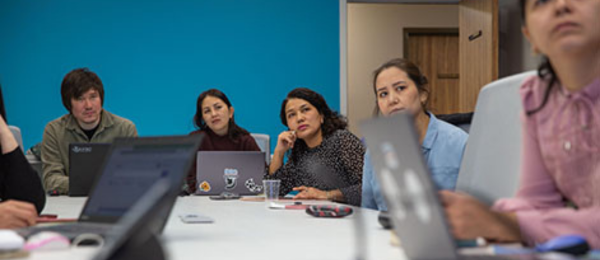There are many opportunities, experiences and offerings throughout, and provided by, the Teacher Preparation Program. This is a list of some of the key opportunities you may consider or be a part of; this is not an exhaustive list. Talk with your advisor for more information and ideas.
Internship
A core component of our program is immersive, hands-on learning in K-12 classrooms during your studies. This is a requirement of the Teacher Preparation Program.
Cohorts
When applying to MSU, students can apply to one of our cohort programs: the Global Educators Cohort Program or the Urban Educators Cohort Program, to learn from and with peers.
Research
Learn from and with world-renowned faculty, and participate in ongoing research projects. Talk with your advisor, or check with the Office of Research Administration for more information.
Education Abroad
Travel the world while learning about education and teacher preparation! Trips include (but are not limited to) locations in Japan, New Zealand, the Netherlands and more. Visit the Education Abroad website to learn more.
Student Groups
MSU has hundreds of student groups to enrich your learning experience, including several specific to the College of Education. Learn about your options.




